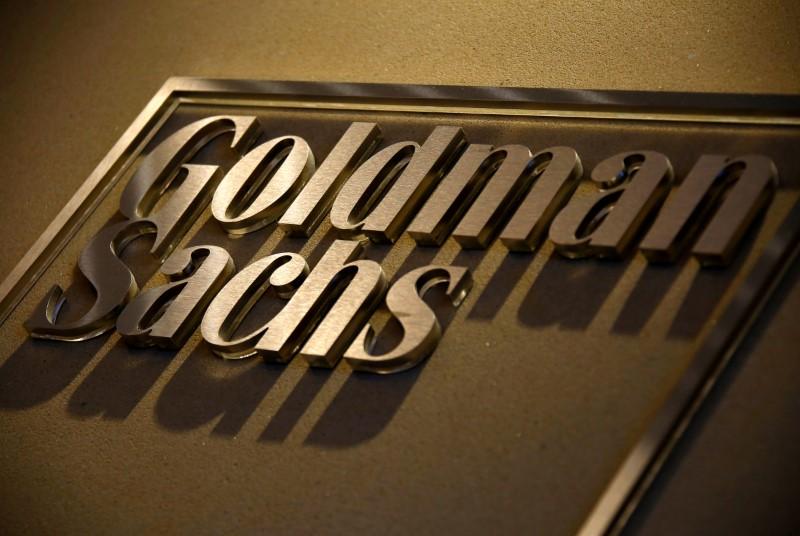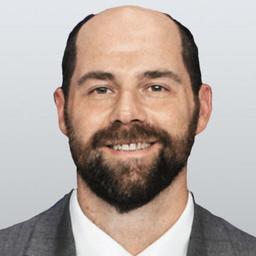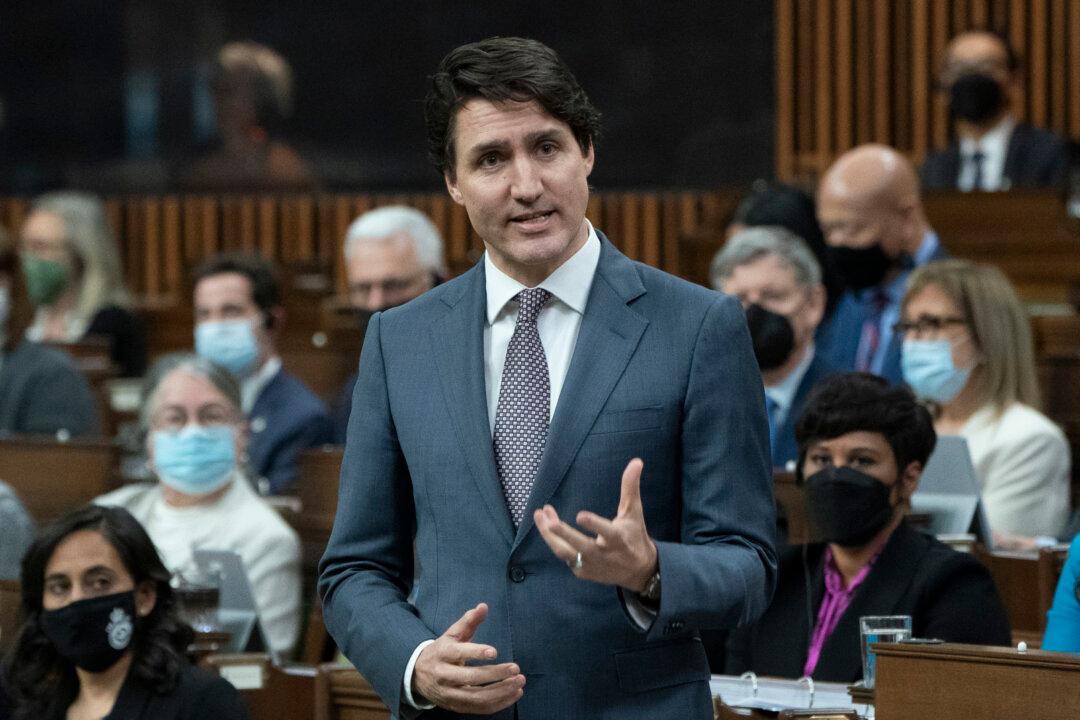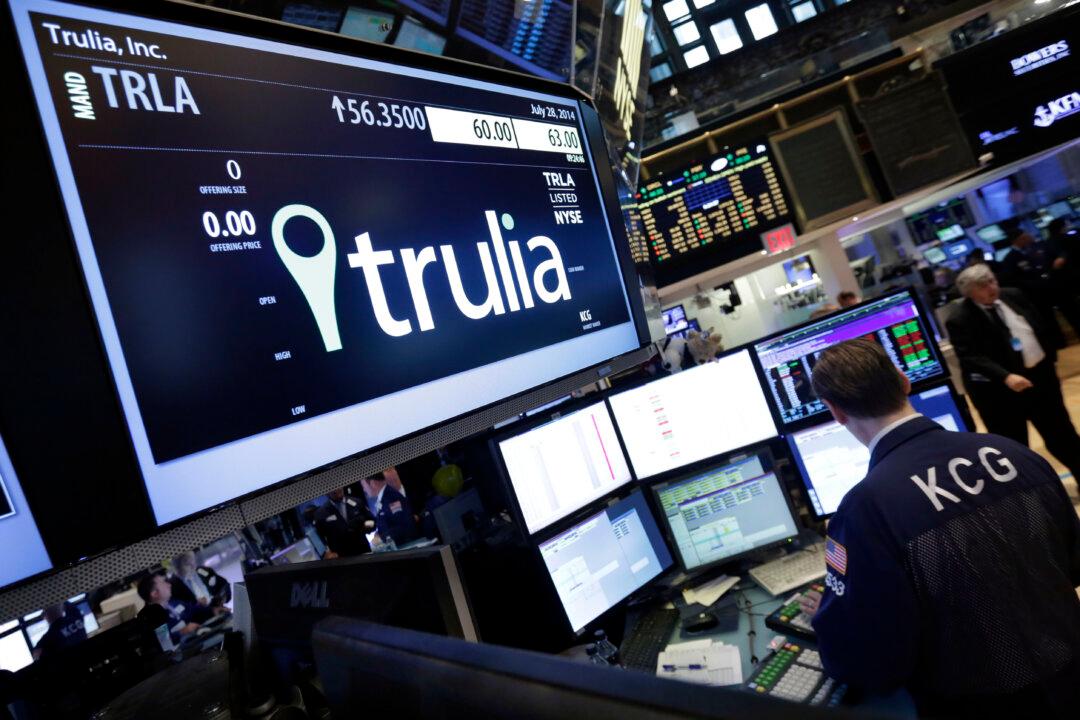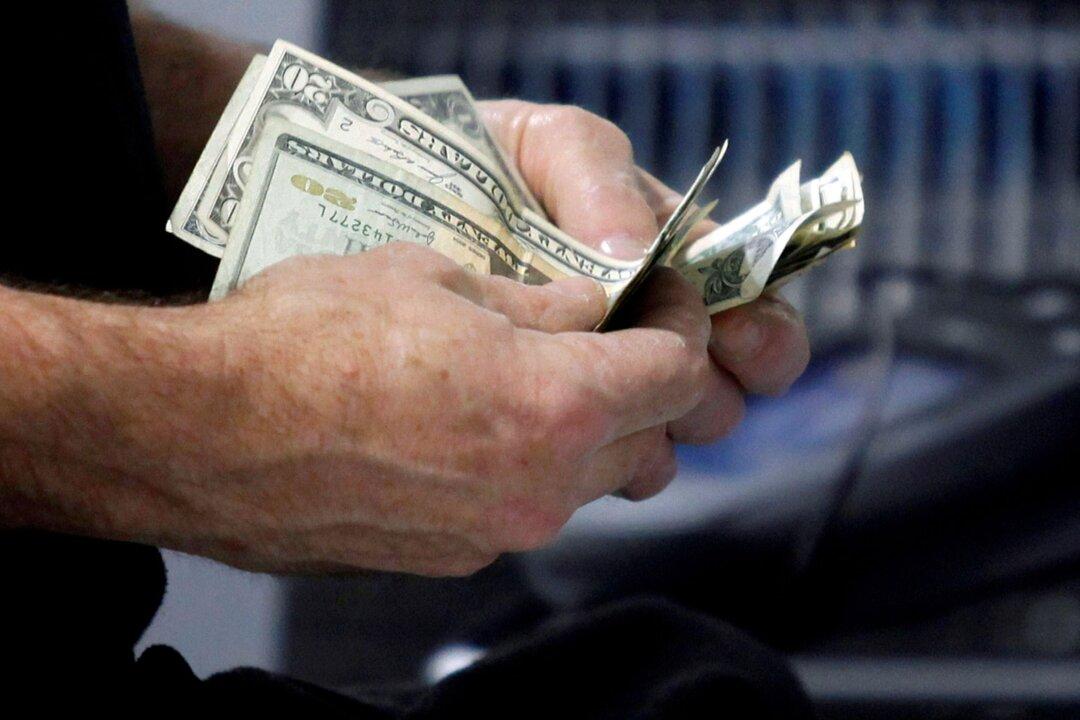Commentary
“Meanwhile, Goldman Sachs economists lowered their forecasts for U.S. economic growth in 2022 after Mr. Manchin’s comments regarding the president’s social-spending bill. Goldman wrote in a Sunday note that the bill’s apparent demise ‘has negative implications for near-term consumption.’ They cited the likely end of the expanded child tax credit, which has helped prop up consumer spending during the pandemic but is set to expire at the end of December,” The Wall Street Journal reported.
